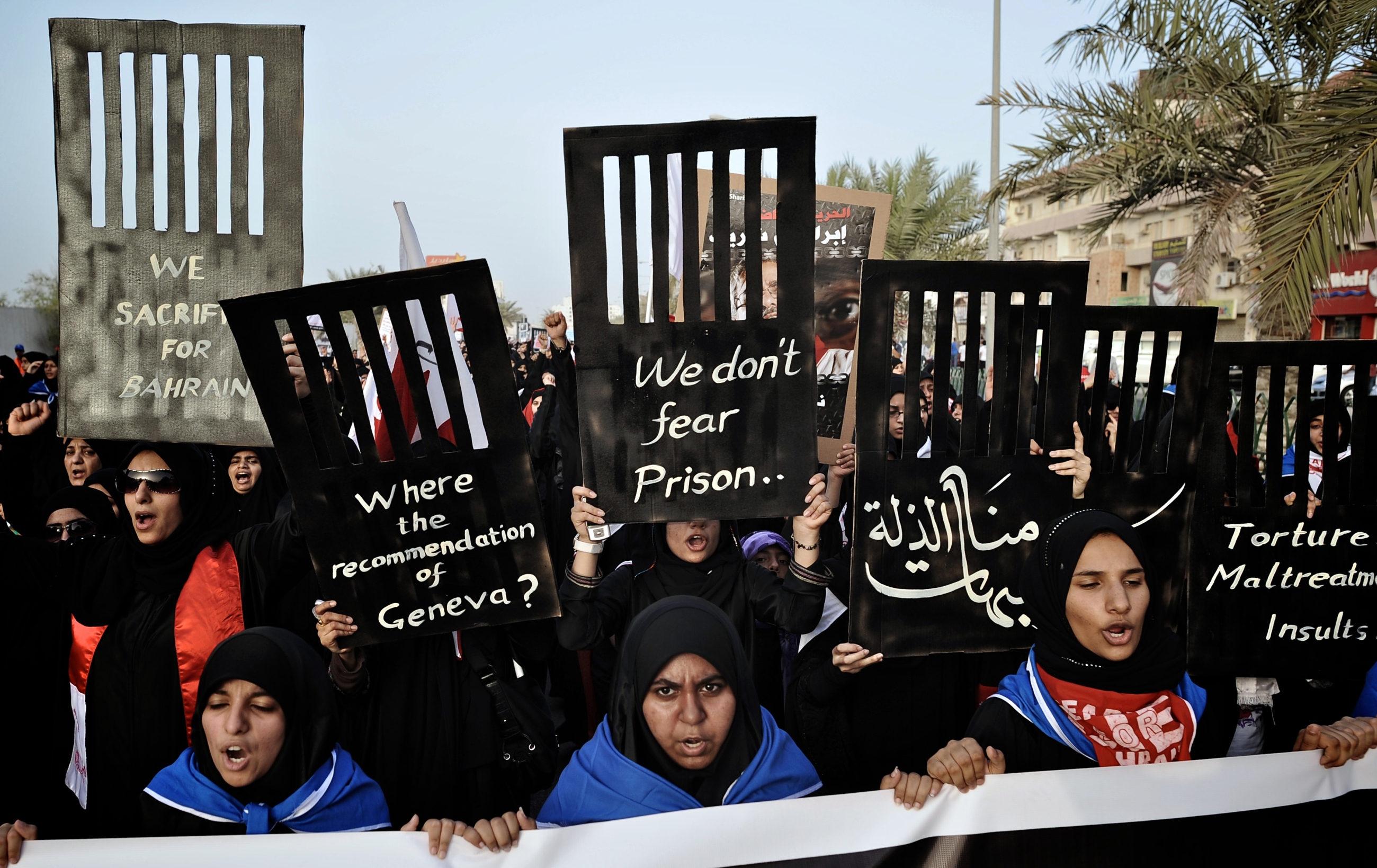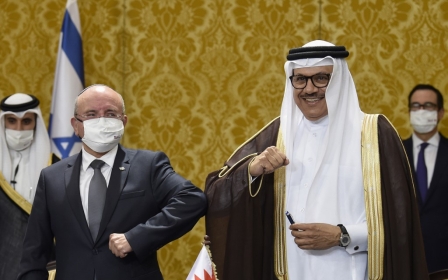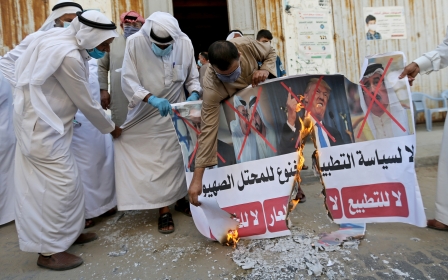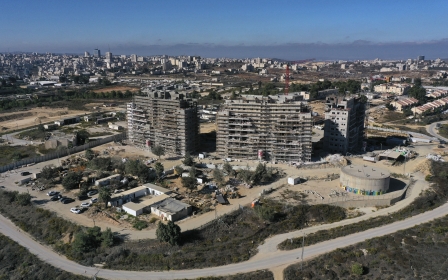Bahrain convicts dozens on allegations of membership of Iran's Revolutionary Guard

The Bahraini government announced on Tuesday that it had convicted 51 people - the majority in absentia - of membership of Iran's Islamic Revolutionary Guard Corps (IRGC).
According to a statement seen by Associated Press, the 51 had allegedly received orders, weapons and funding from the IRGC with the purpose of targeting “economic and vital installations, security patrol sites, the headquarters of the Ministry of Interior and (the) Bahrain Defence Force”.
'Today’s verdict reflects a concerted effort by the ruling regime to manufacture a crisis to avoid addressing the country’s unresolved political divisions'
- Sayed Ahmed Alwadaei, Bahrain Institute for Rights and Democracy
The convicted, 27 of whom are currently abroad according to the kingdom, received sentences ranging from five years to life in prison.
Among those arrested last year, Bahrain said that some had targeted a bank ATM and a transportation company and others had possessed petrol bombs.
In a statement, Sayed Ahmed Alwadaei, director of advocacy at the Bahrain Institute for Rights and Democracy, said that the trial showed the "systemic corruption of Bahrain’s judiciary".
New MEE newsletter: Jerusalem Dispatch
Sign up to get the latest insights and analysis on Israel-Palestine, alongside Turkey Unpacked and other MEE newsletters
"Today’s verdict reflects a concerted effort by the ruling regime to manufacture a crisis to avoid addressing the country’s unresolved political divisions," he said.
Since the 2011 Arab Spring uprisings, which saw pro-democracy demonstrators take to the streets of Bahrain, the kingdom has launched a comprehensive crackdown on opposition groups and human rights activists.
The largest opposition political organisation, Al-Wefaq, was forcibly dissolved in 2016, while hundreds of people remain languishing in jail or have had their citizenship removed.
Last year, in another mass trial, the kingdom revoked the citizenship of 138 people.
The kingdom, with a Shia-majority population but ruled by a Sunni dynasty, has repeatedly accused nearby Iran of fomenting unrest.
Middle East Eye delivers independent and unrivalled coverage and analysis of the Middle East, North Africa and beyond. To learn more about republishing this content and the associated fees, please fill out this form. More about MEE can be found here.




